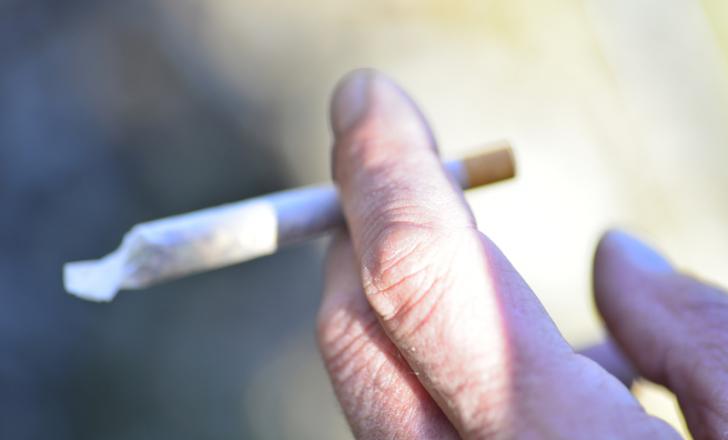Cannabis users who drive are at serious risk from DUI.

Cannabis use risks DUI by drivers who may be unaware that they are intoxicated – image courtesy of © Martinred Martin, Dreamstime.com
New research in the US shows that people who smoke cannabis are at serious risk of DUI. Analysis shows that many people will feel fine to drive 90 minutes after consuming cannabis, despite the drug still having an effect on their ability. In reality it can be 240-270 minutes after consumption of the drug for a person of average build before they are actually fit to drive.
This is a key issue in the US where many states such as Colorado, Oregon and California have already legalised the use of cannabis. And it is no surprise that figures on road crashes involving drivers under the influence of cannabis have taken an upturn since the drug was legalised in those states. This comes at a time when there is wider concern over the poor road safety record of the US.
Research has been carried out at the University of California, San Diego to investigate the effects of the drug on people. The 191 test subjects were given joints to smoke that contained varying quantities of cannabis. They then were tested using a driving simulator (rather than risking them behind the wheel of an actual vehicle) to test their ability.
Around 210 minutes after taking the drug, it was noted that their driving performance was improving significantly. But it took the full 270 minutes before the test subjects exhibited the same levels of performance as people who had not taken the drug at all. Of concern though was that most of the test subjects felt that they were fine to drive just 90 minutes after taking the drug, despite their performance on the simulator showing this not to be the case. Although they thought they were over the effects, they were still intoxicated.
The research was carried out with the assistance of the Center for Medicinal Cannabis Research at the UC San Diego School of Medicine.
The performance of the test subjects using the simulator highlighted the effects of the drug. Those who have consumed cannabis have significantly delayed reaction times to instances that may require them to brake, swerve or accelerate. The research shows that they are less likely to be able to respond properly to difficult conditions caused by poor weather, such as wet or icy surfaces or fierce crosswinds, as well as the behaviour of drivers in other vehicles. Drivers under the influence of cannabis are also more likely to exhibit poor lane discipline.
Of concern too is that the research showed how difficult it is to determine impairment by measuring the concentrations of THCs in the human system. Even small quantities of THCs, the component in cannabis that causes the intoxication, cause impairment.
Those who were given the joints containing lesser quantities of cannabis smoked more so as to achieve similar level of intoxication.
Tests to measure the quantities of THCs in the bloodstream are therefore less accurate on determining intoxication than those that measure the quantities of alcohol in the system. Until an accurate system for measuring cannabis intoxication levels can be developed, police officers will have to rely on old fashioned (and unreliable) methods such as asking people to stand on one leg or walk in a straight line. While officers in some US states such as AL or MI do use oral tests to check whether drivers have consumed cannabis, these only show whether the drug is present in the system and cannot determine whether a person is actually intoxicated.







